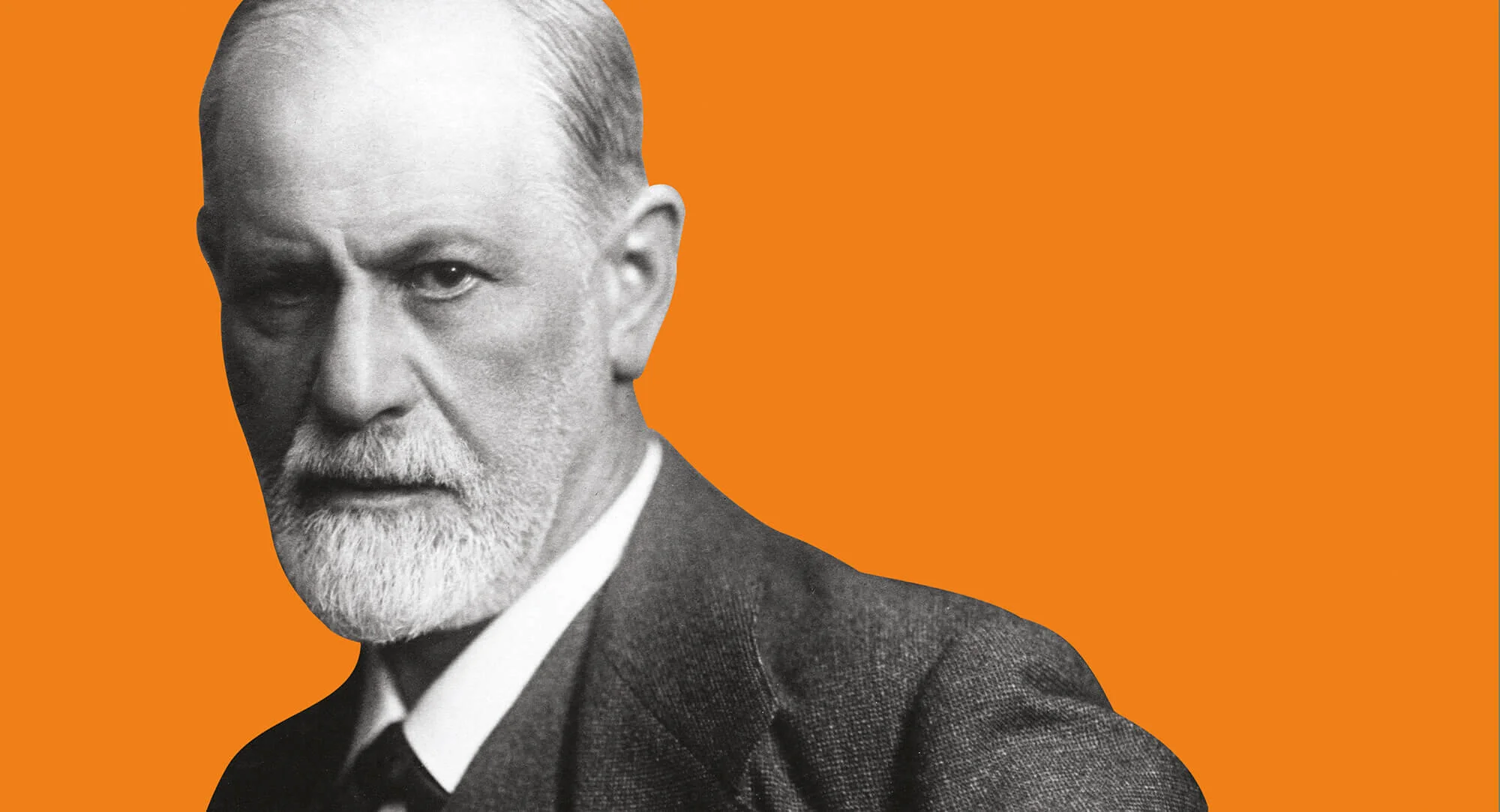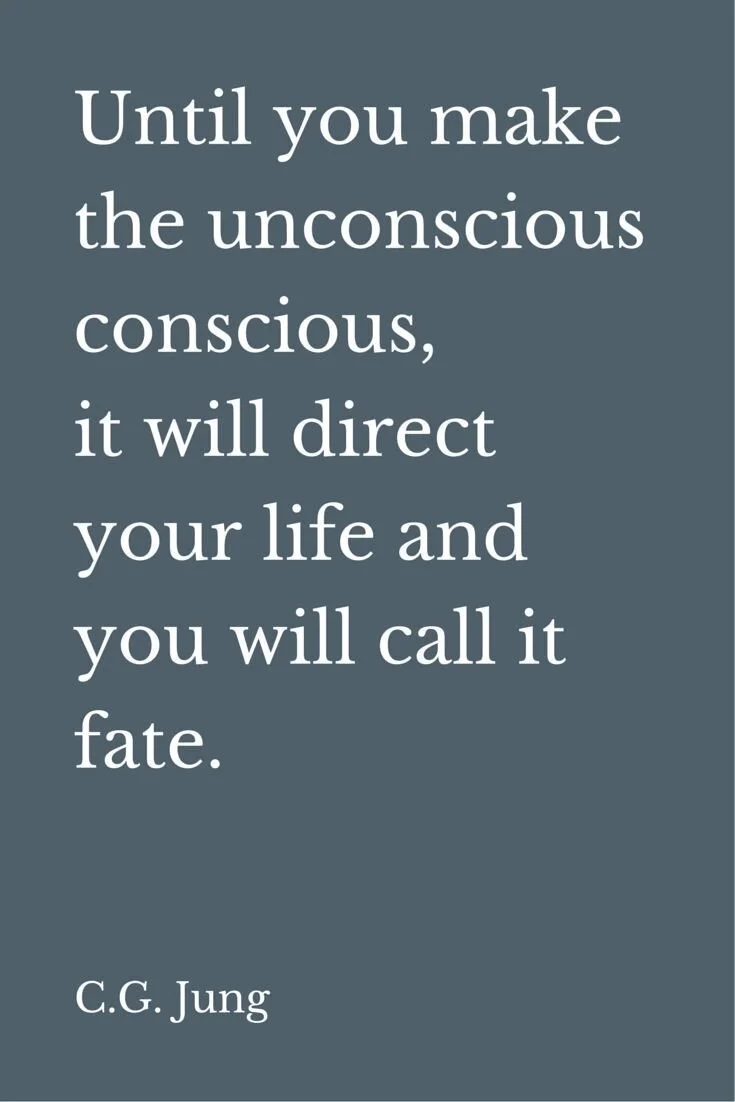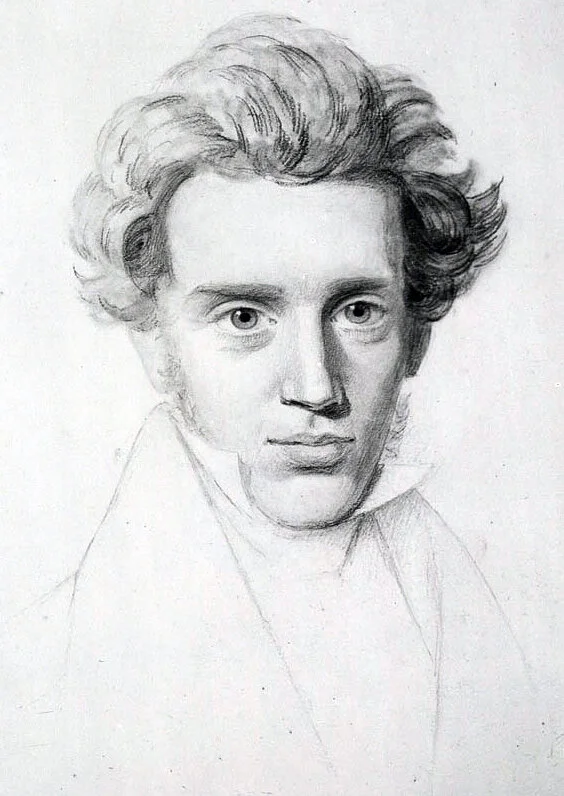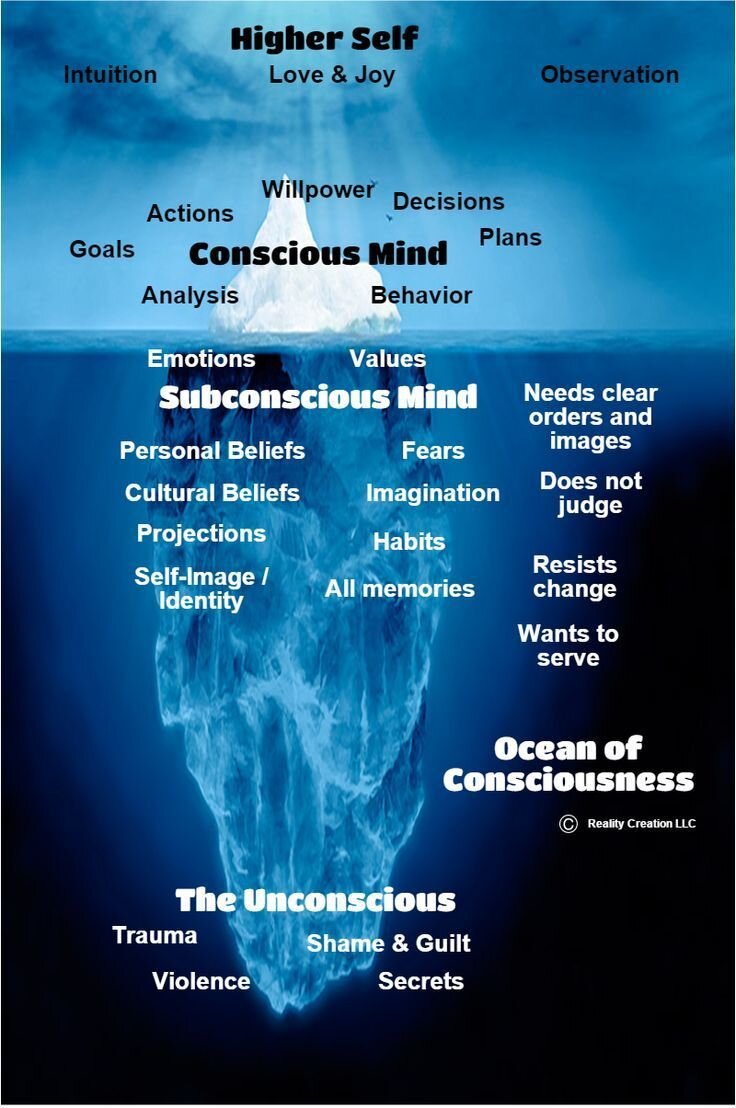Free Will - The Root to Modern Suffering?
Freud COINED the Term - Work Through
Suggesting that it is only when one is familiar with their intimate “depths, contours, and underlying thrusts of their resistance,” are they able to work through their limited insights, therefore “enacting change” on oneself (Salaman, p. 3).
As I psychotherapist, I have been exposed to trauma that has brought immediate tears. Often, I hear about adverse events that can come with both intense emotional and bodily scars. Working through severe trauma, even in the toughest conditions, I have witnessed clients enact change that brought about healing.
Also, I commonly come across a more subtle trauma that freezes people in their suffering. It is expressed usually as sleep issues, depression, anxiety, maybe panic attacks, malaise, hopelessness, obsessive thoughts and usually confusion. Even found in codependency or failed boundary setting and can be coupled with lot of self-doubt, guilt or shame.
This crafty, and stealthy, trauma creates exactly what Freud’s quote expresses. Unrecognized, internal resistance with limited insights that unless worked through traps the individual in their suffering.
The worst part of this kind of suffering is that it conceals an individual’s existential freedom.
Which in my viewpoint is the antidote to a lot of modern day suffering.
Working through allows for existential freedom
But what exactly is existential freedom?
The contemporary French, existential philosopher, Jean-Paul Sartre’s meaning is best understood with Yoda’s wisdom, “Do or do not, there is no try.”
Sartre held steadfast that there is power in individual freedom, yet it comes with considerable responsibility to act in life.
“[M]an is condemned to be free: condemned because he did not create himself, yet nonetheless free, because once cast into the world, he is responsible for everything he does”
(Sartre, 1946, as cited by Salaman, p. 59)
The power behind Jean-Paul Sartre’s wisdom establishes that there is a burden with this human experience.
But only a burden if one does not accept the full responsibility of self, that generates freedom with intra-personal responsibility.
However, Sartre’s viewpoint was limited.
In that, personal responsibility and the need to take action, is tightly
bound to the “increases and decreases in proportion to an individual’s
awareness” of what is know and unknown within their psyche.
(Salaman, p. 65)In other words, we must become aware of our total psyche, even the unconscious;
observing our limited self beliefs
recognizing our maladaptive defense mechanisms
noticing our cognitive biases and fallacies
shedding light on our overprotective ego.
… The Subconscious …
Carl Jung, Sigmund Freud and Alfred Adler, among other notable practitioners, recognized that there is more to relieving suffering than just taking action with personal responsibility.
Suggesting that experiential freedom, and the ease of suffering, comes about when one examines their unconscious and brings it to the their conscious.
Reinforcing Freud’s Psychodynamic and Jung’s Psychoanalytic approaches, Søren Kierkegaard, a 19th Century Danish philosopher, believed that at the heart of individual suffering is a person’s resistance to change.
And this resistance is only found within the subconscious of their psyche.
He asserted that suffering comes from unidentified, internal psychic resistance that inhibits the ability to accept responsibility of taking action, thus obstructing existential freedom and halting relief of internal suffering.
Consequently, getting more of the same, without relief.
The dangers of this unrecognized, subconscious resistance, as it relates to existential freedom, is ominously unveiled in Kierkegaard’s writing - Captain’s Tale:
So, it is with man.
If he forgets to take action of the headway,
there comes at last an instant when there no longer is any question of an either/or,
not because he has chosen but because he has neglected to choose,
which is equivalent to saying, because others have chosen for him,
because he has lost his self.
(Johnson & Reath, 2011, as cited by Salaman, 2019, p. 59)
Existentialism offers insights that there is relief with suffering and it is only found within taking on intra-personal burdens.
Which is akin to The Bible’s - free will.
Regardless if we …
take on the endless task of individuation, cultivating self-actualization
or
refuse to take on the endless task of self-actualization, cultivating self-stagnation
we suffer; either way.
So choose your Free Will carefully.
Resistance to change is reinforced by unrecognized self-limiting beliefs.
This challenges our free will and derails our existential responsibility.
Which Sartre indicated is our human right, and responsibility, which evidently reduces suffering.
According to Freud, Jung, Adler, Kierkegaard, and a long list of others, our resistance and limiting self-belief is contained in the subconscious.
And this must be worked-through.
Unlike most of the postmodern, medical model, short-term therapy approaches, psychoanalytic-existentialism is a very dynamic and not linear exploration into self.
It opens an individual’s awareness to “unsparing truths” that are only found deep in the subconscious; behind the defense mechanisms, behind the fallacies and biases, behind the egoic responses and behind conditioned, patterned beliefs that inflate resistance (Salaman, p. 63).
Once a person dives into the abyss of the subconscious, away from logic and critical thinking, they begin to witness their projections, discover their limited beliefs and acknowledge their sabotaging behaviors.
Things which encourage resistance and defy change.
This dive brings even closer the deeper depths of the unconscious. Where unprocessed emotions & trauma are held - awaiting to be healed.
resistance to change and the inability to take on existential responsibility
creates suffering
There is a counter-intuitive energy within both the academic setting of psychotherapy and the medical model of psychotherapy that rubs like sandpaper against my therapeutic intuition.
In alignment with my opinion, Salaman (2019) persuasively acknowledges that current psychotherapy naively displaces responsibility on the client to just “Do or do not” and we as clinicians are to simply sit with them in their decision.
Unfortunately, this approach does not investigate the expansive, universe size of the subconscious space.
Which sits quietly, or not so quietly, between the space of Do and the Do not.
The subconscious is waiting to be heard and allowed to provide it’s wisdom.
If one does visit, they will discover that it is where the soul exists.
Benevolently sitting in the depths to provide use the answers that soothe suffering.
Thus, encouraging our free will and providing the strength necessary to take on existential freedom.




